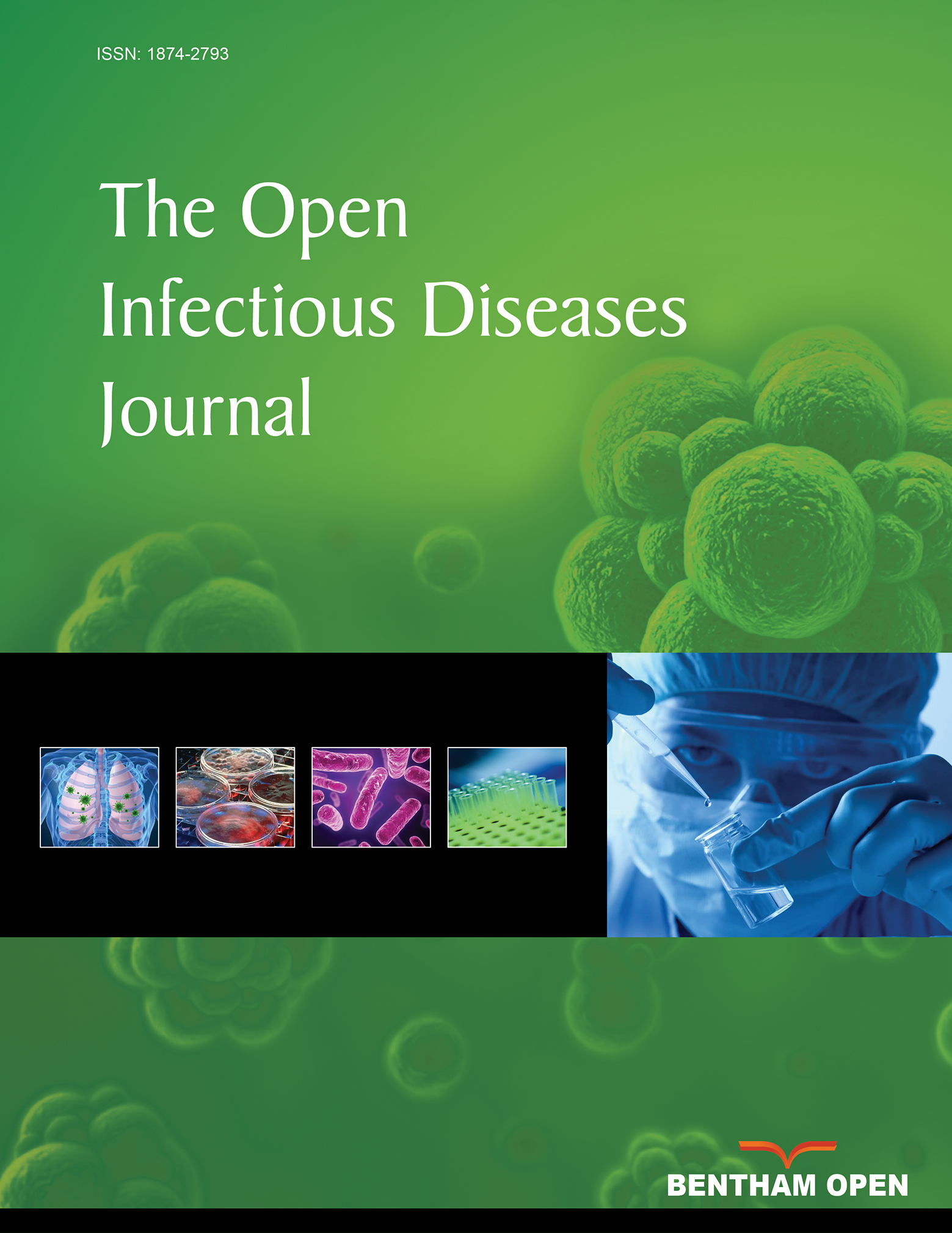All published articles of this journal are available on ScienceDirect.
The Situation of HIV/Mycobacterium tuberculosis Co-Infection in South America
Abstract
The work summarizes the results of a survey on human immunodeficiency virus (HIV) and Mycobacterium tuberculosis (MTB) situation that was undertaken within the frame of the EC FP7 EucoNet project. Updated data on HIV infection, acquired immunodeficiency syndrome (AIDS) and tuberculosis (TB) in South America are presented as well as a state of the art regarding disease management and research activities in 10 countries: Argentina, Brazil, Bolivia, Chile, Colombia, Ecuador, Paraguay, Peru, Uruguay and Venezuela. The average HIV prevalence is 0.5-<1.0% in most of the surveyed countries. Lower prevalences are found only in Bolivia, Chile and Ecuador. TB burden is unevenly distributed: Bolivia, Peru and Ecuador bear the highest disease loads (prevalence>140/100,000) whereas Chile, Uruguay and Venezuela bear the lowest (prevalence <25/100,000). HIV prevalence in incident TB cases ranges between 3% and 15% and mortality attributable to HIV/MTB co-infection is <1/100,000. All countries run national HIV/AIDS and TB control programmes with various degrees of efficiency and data availability/reliability. Diagnosis and treatment are free of charge and all countries adhere to diagnosis and treatment standards for TB and HIV/AIDS according to World Health Organisation guidelines. The main weaknesses are related to insufficient involvement of government administrations, poverty-related pockets of HIV/MTB co-infection in urban/suburban settings and lack of interaction between HIV/AIDS and TB programmes. Funds for HIV/AIDS are disproportionally higher than those allocated to TB and there is hardly any investment in the dual infection. Challenges and priority areas for research are presented, as stated by the South American experts at the EucoNet Workshop “Clinical and translational aspects of HIV/MTB co-infection” held in Stellenbosch, South Africa on July 23-24, 2009.


